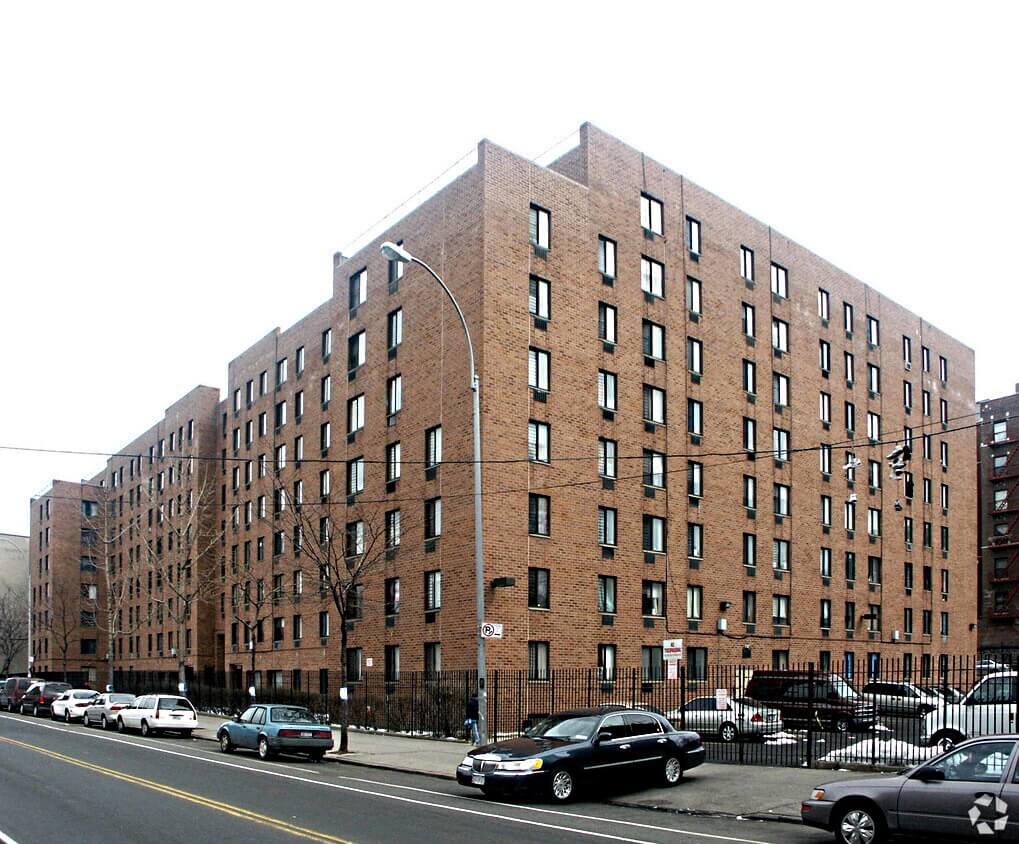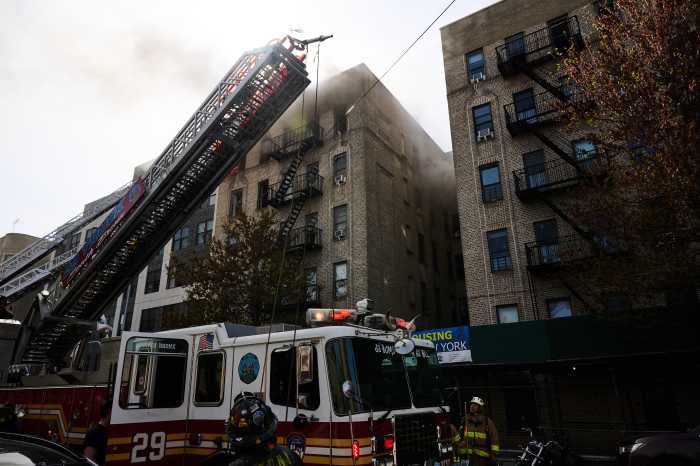The Thessalonica Court Apartments, a newly-rehabilitated affordable housing complex in the Mott Haven section became the first housing project in the country to receive joint certification for healthier, more efficient and environmentally responsive homes and communities.
The certification is awarded by nonprofits Enterprise Community Partners and the International WELL Building Institute through an initiative to create more environmentally conscious living standards.
The Thessalonica Court community encompasses 191 affordable homes, as a rehabilitation project undertaken by developer Jonathan Rose Companies. Rose’s firm was established in 1989 and develops new affordable and mixed-income housing through a series of private equity investment funds that buy existing affordable housing and preserve it as affordable.
“By prioritizing resident well-being and building a collective commitment to environmental sustainability, Enterprise Green Communities fundamentally changed how developers create affordable homes,” said Jonathan Rose Companies President Jonathan F.P. Rose. “Now, with joint certification from Enterprise and (WELL), properties like Thessalonica Court and thousands more to come have the framework and tools to meet our 21st-century challenges so that people and nature can thrive together.”
The firm’s portfolio includes 101 properties with 17,584 units in 17 states.
Thessalonica Court was originally built in 1985 and houses families and individuals, many of whom are long-term residents that have lived in the complex their entire lives.
What earned the complex the award was its retrofit — the addition of new technology or features to an older complex — which utilized healthy building materials and included features that protect it against heavy rainfall events, which New York City has been susceptible to over the past years, such as September’s Hurricane Ida which flooded portions of the Bronx.
The retrofit scope also included extensive air-sealing, which is a multi-solving strategy and essential for energy efficiency, comfort and health. These features make Thessalonica Court a model of how a moderate rehab of a residential building can prioritize and achieve healthy housing characteristics.
“Everyone deserves a safe and quality place to call home, and to achieve that, we need to think beyond just building housing that is affordable – we must consciously design homes that can meet the needs of our changing climate while also focusing on residents’ health and well-being,” said Krista Egger, Enterprise’s vice president of Initiatives. “The new joint Enterprise Green Communities/IWBI WELL Standard certification is a way for developers to ensure that their buildings are ready to face our climate challenges while providing residents with the opportunity to live their healthiest lives.”
Egger said that there are ways in which buildings can meet the environmental and residential needs from big installations to small fixes.
“Installing mechanical ventilation systems, for instance, is a very significant upgrade that likely will be out of reach for properties not scheduled for a retrofit,” Egger said. “In the meantime, though, smaller actions that enhance health are possible. For instance, implementing an Integrative Pest Management Plan, implementing smoke-free building policies, utilizing bath and kitchen ventilation (whether fans or windows), and utilizing green cleaning products.”
Reach Robbie Sequeira at rsequeira@schnepsmedia.com or (718) 260-4599. For more coverage, follow us on Twitter, Facebook and Instagram @bronxtimes.

























